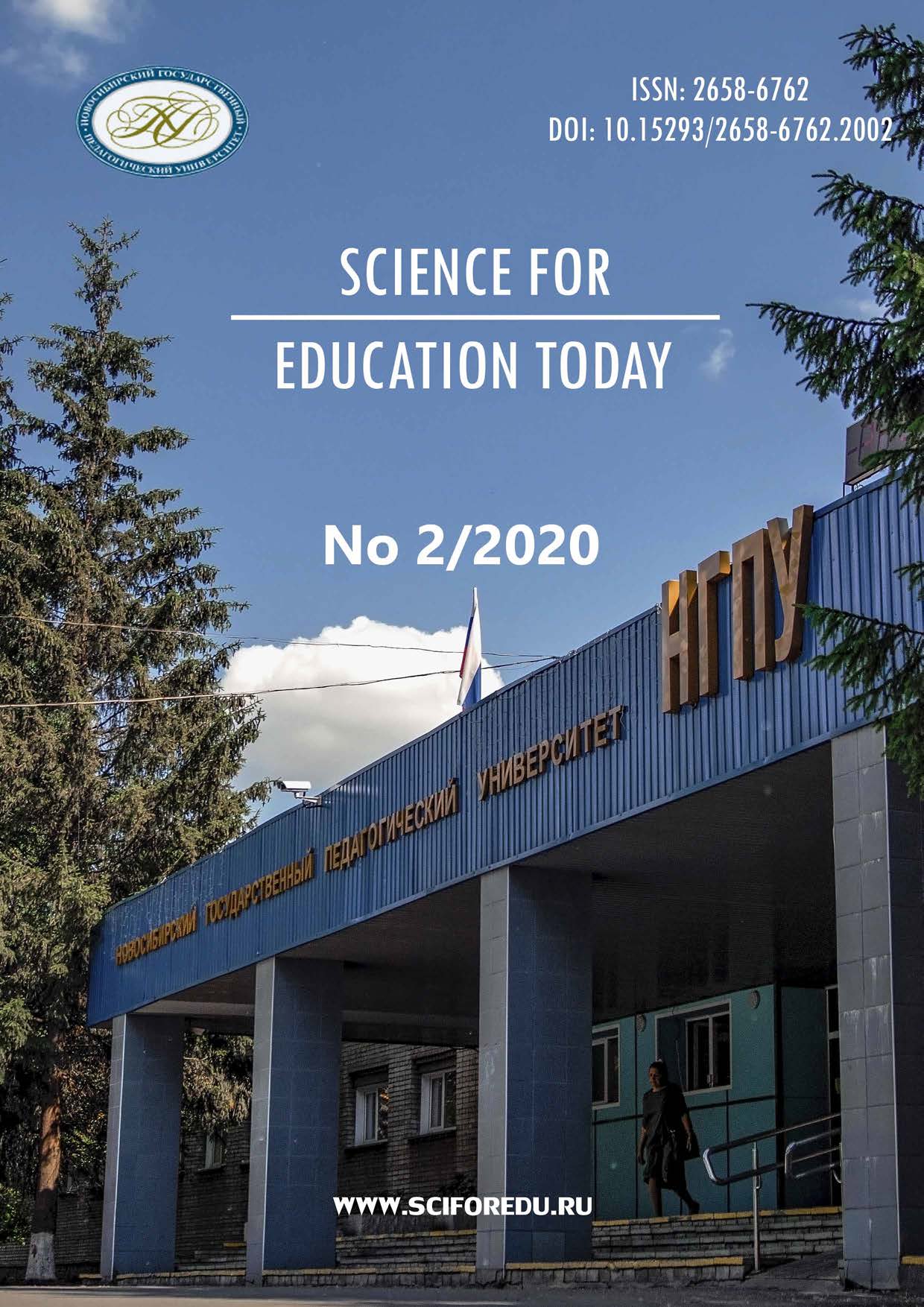Обобщение опыта и вопросы иммиграции на территории Западной Словакии как импульсы к реализации просоциального воспитания
Experiences and suggestions of immigration to the territory of West Slovakia as impulses to realization of prosocial education
Author(s): Ján DanekSubject(s): Migration Studies, Sociology of Education
Published by: Новосибирский государственный педагогический университет
Keywords: Migration; Tolerance; Economy; Interpersonal relations; Forest people; Education and upbringing; West Slovakia;
Summary/Abstract: The article deals with analysis of continuities and questions of migration in present time with all results and needed solutions because it is very serious problem. We outcome from knowledge that reasons for migration are in social and natural conditions, quality of life, possibilities for work, searching of safety for life etc. At analysis of problematic we outcome from historical experiences and in connections to substance of migration are introduced the solves oriented to examples from history on territory of West Slovakia in the course of cooperation, contacts and tolerance between migrated and domestic people. The purpose of article is introduction of experiences from cooperation of migrants within domestical citizens in local area into wider environment which can give some impulses into prosocial education in present time. Migration and migration waves are natural phenomena in human history and history, through which people have gained better living conditions, more secure life, international contacts and experience, territorial gain, and the protection of certain living values. Migration means the movement of individuals or groups of people or other living creatures from place to place in order to obtain new, better living conditions. Immigration, as part of it, is a movement or state of residence in a particular territory, with the aim of more or less significant cooperation with the domestic population in the area of management, the creation of living values or the acquisition of temporary or permanent support for indigenous peoples. So far, migration has been mainly applied from East to West and only once, in terms of the protection of particular Christian values, to the east during the crusades in the 11th - 14th centuries. Materials and Methods. Evidence is that thousands of refugees do not want safety in safe countries, even if economically and socially weak, but want to continue and gain asylum in strong countries with developed social systems - in Germany, Austria, Sweden, the United Kingdom or the United States. We know about problems of migration in general opinion, but for this article we realized the analyses of publications, studies, articles and opinions to problems of migration. We came out from reasons of migration as historical phenomenon with endeavor to search objective opinions to reality of migration in present time. Because history is teacher of the life with impulses for thinking who is refugee and who is migrant too. Results. Reality within influence to general interpersonal contacts and creation of contacts between civilizations. We outcome from knowledge that reasons for migration are in social and natural conditions, quality of life, possibilities for work, searching of safety for life etc. At analysis of problematic we outcome from historical experiences and in connections to substance of migration are introduced the solves oriented to examples from history on territory of West Slovakia in the course of cooperation, contacts and tolerance between migrated and domestic people. From general analysis outcome the impulses for need cooperation, tolerance and mutual respect thorough communication, contacts, changing of experiences and knowledge on the base of respected norms of laws and interpersonal dignity and respect. Impulses for solving of real problems of migration are limited by experiences on territory of West Slovakia where are very much historical and present knowledge from area immigration and emigration too. Conclusions. In order to do so, or to bring society closer to this human ideal, it is necessary to realize primarily prosocial education at global, national and local level. Prosocial education in this sense means not only the formation of a useful relationship with other people, society, work, and other areas of life, but also the preparation for a real and true understanding of the meaning of human life, life in society, and a real place in it.
Journal: Science for Education Today
- Issue Year: 10/2020
- Issue No: 2
- Page Range: 91-103
- Page Count: 13
- Language: English

